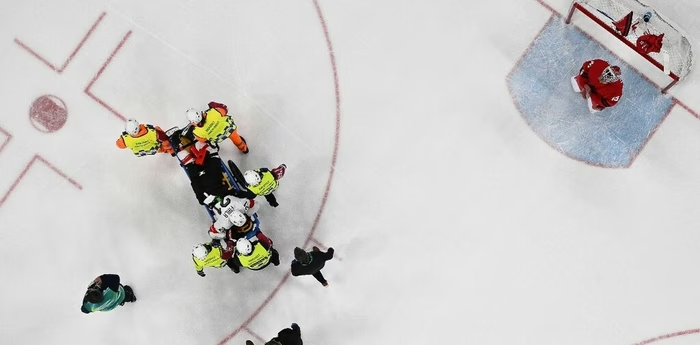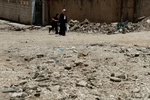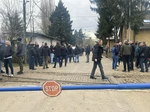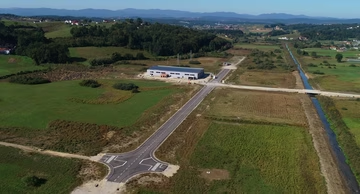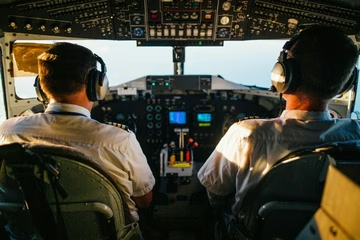Amazon deforestation rate hits highest level in over a decade

The rate of deforestation in the Amazon rainforest has risen to its highest level in 11 years, according to Brazilian government data released Monday.
Oglas
The data, which included the estimated deforestation rates for nine states of the Brazilian Legal Amazon, was generated by the Satellite Legal Amazon Deforestation Monitoring Project (PRODES).
About 9,762 square kilometres (3,769 square miles) of rainforest were lost for the 12 months through July 2019, according to the release from The National Institute for Space Research (INPE). That's a 29.5% increase over the previous 12 months and is the highest rate of loss since 2008, INPE said.
The increase in deforestation comes while the country is under the leadership of far-right President Jair Bolsonaro who was elected in October 2018.
Oglas
Bolsonaro has been criticized for doing little to protect the Amazon rainforest, even rejecting $20 million in foreign aid to help fight fires in the rainforest during the G7 summit in France.
The rapid rates of severe deforestation are a "direct result of the strategy implemented by Bolsonaro to dismantle the Ministry of Environment," according to a press release from the Climate Observatory, a Brazilian network of environmental advocacy organizations.
"[The level of deforestation] is far from what we wanted, but it's also far from the three-digit numbers that had been reported," Brazilian environment minister Ricardo Sales said at a press conference at INPE, in Sao Jose dos Campos.
Sales said the increasing levels of deforestation were caused by illegal activities such as cattle grazing, agriculture, wood extraction and trade and illegal mining.
Oglas
The minister added that the country needs "a sustainable economy alternative for that region of the Amazon" to stop rising deforestation levels.
The Brazilian space research agency will meet Wednesday to discuss strategies to combat deforestation in the Amazon.
The number of fires detected by satellites in the region is the highest it's been since 2008.
CNN's Vasco Cotovio and Begona Blanco Munoz contributed to this report.
Kakvo je tvoje mišljenje o ovome?
Učestvuj u diskusiji ili pročitaj komentare
Oglas
Kakvo je tvoje mišljenje o ovome?
Učestvuj u diskusiji ili pročitaj komentare
Oglas





 Srbija
Srbija
 Hrvatska
Hrvatska
 Slovenija
Slovenija


















